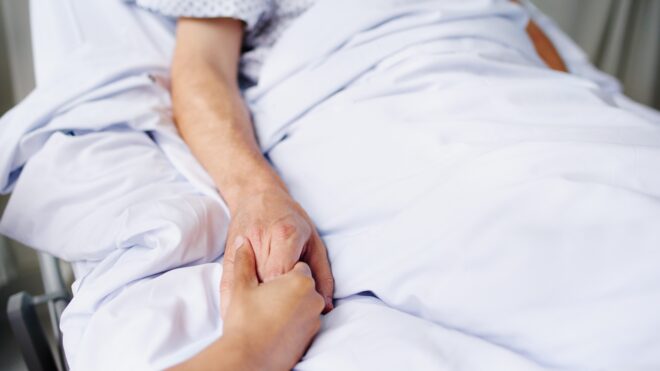Most of us know that eating a balanced diet is necessary for a healthy lifestyle, but what exactly does "balanced" mean?
Generally, we think of a balanced diet as seeing enough colors on our plates, making sure we eat enough fruits and veggies, and cutting out junk food.
In reality, keeping your diet balanced means eating appropriate amounts of protein, carbohydrates, and fats.
All three of these are important to our health, but the one many people don't know enough about is protein.
Most of us know that we can get protein from meat, but unless you're a vegetarian or vegan, you may not know that a lot of other foods contain protein as well.
Some of the best protein-rich foods include eggs, nuts, oats, cheeses, grains like quinoa, and vegetables like broccoli and brussels sprouts.
Most people get enough protein in their daily diets just from eating normally, but people who don't may suffer from protein deficiencies.
You might think that not getting enough of one food type is no big deal — "People cut out fat and carbs all the time!" — but there are actually serious consequences to not eating enough protein.
Read on to find out some of the serious signs and symptoms of protein deficiency, and what you can do about it if you have a protein deficiency.
Thumbnail: Flickr
How Much Protein Do I Need?
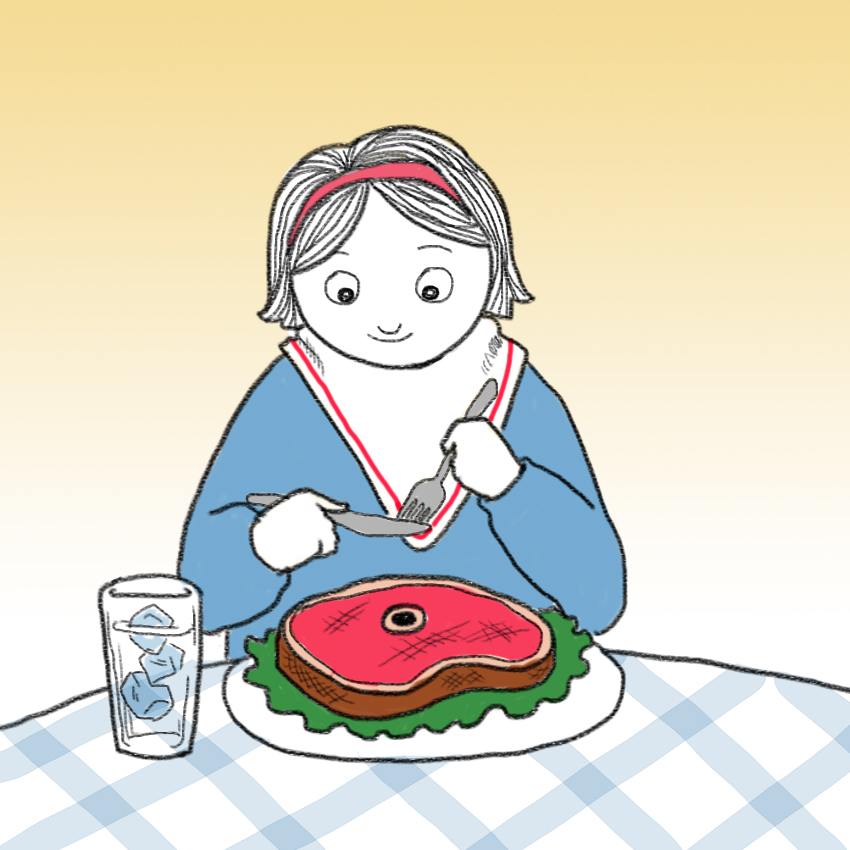
If you eat a healthy, balanced diet, you will eat enough protein without even thinking about it.
As a general rule, the USDA suggests you eat 0.8 grams of protein per kilogram of body weight.
That means if you weigh 100 pounds, you should eat 36 grams of protein. If you weigh 150 pounds, you should eat 54 grams of protein. If you weigh 200 pounds, you should eat 72 grams of protein; and so on.
Using this calculation, most people should eat 4-8 ounces of protein every day. (For reference, 4 ounces of meat is about the size of a single deck of cards.)
Why Do I Have A Protein Deficiency?
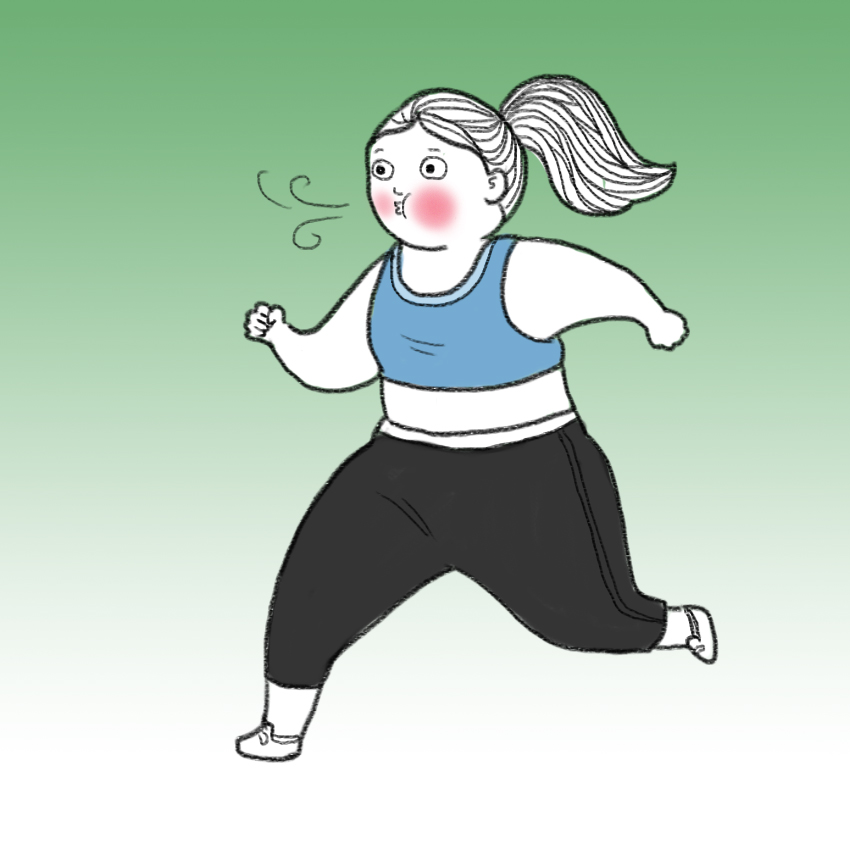
If you have a protein deficiency, there are a few potential causes.
Although full-blown protein deficiency is rare in the United States and other developed countries, there's still a chance you aren't eating enough protein.
If you are sticking to a low-calorie, vegetarian, or vegan diet, you may not be getting enough protein-rich foods.
If you're eating a regimented diet and working out a lot, you may notice that you feel weak and unable to perform your exercises the way you once did — this is a sign of protein deficiency.
What Are The Symptoms Of Protein Deficiency?
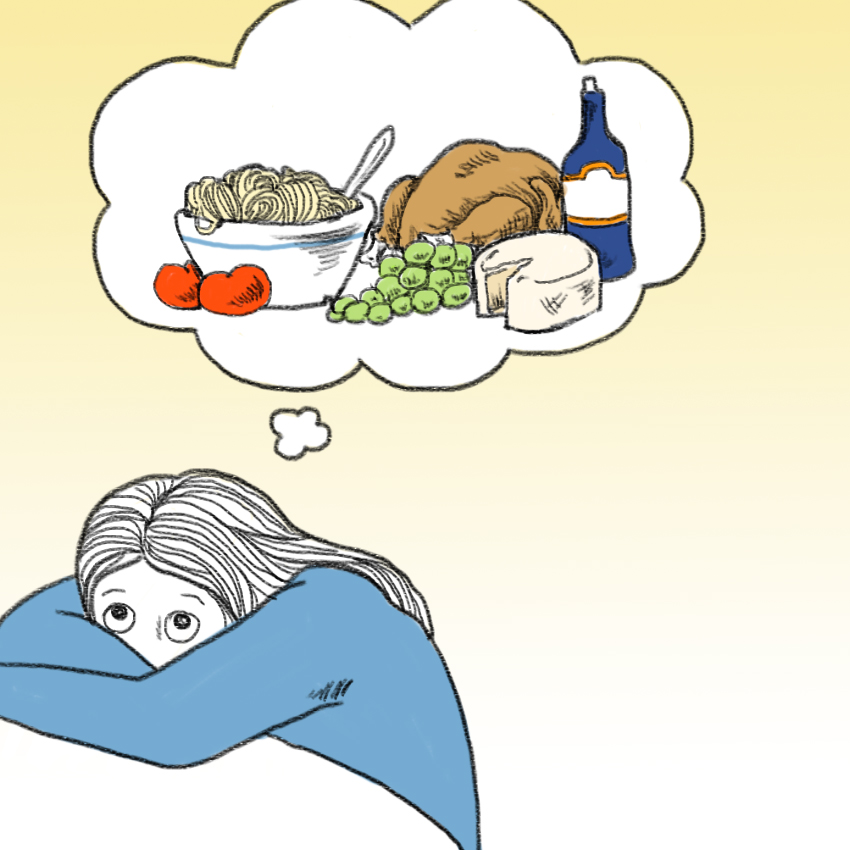
Although most people fall into the previously-mentioned range of appropriate protein intake, you also have to weigh factors like activity level and caloric intake.
If doing all the calculations to determine the exact amount of protein you need seems too difficult, try watching out for the protein deficiency symptoms below — they can indicate you're short-changing your body.
Protein Deficiency Symptom #1: Weight Loss
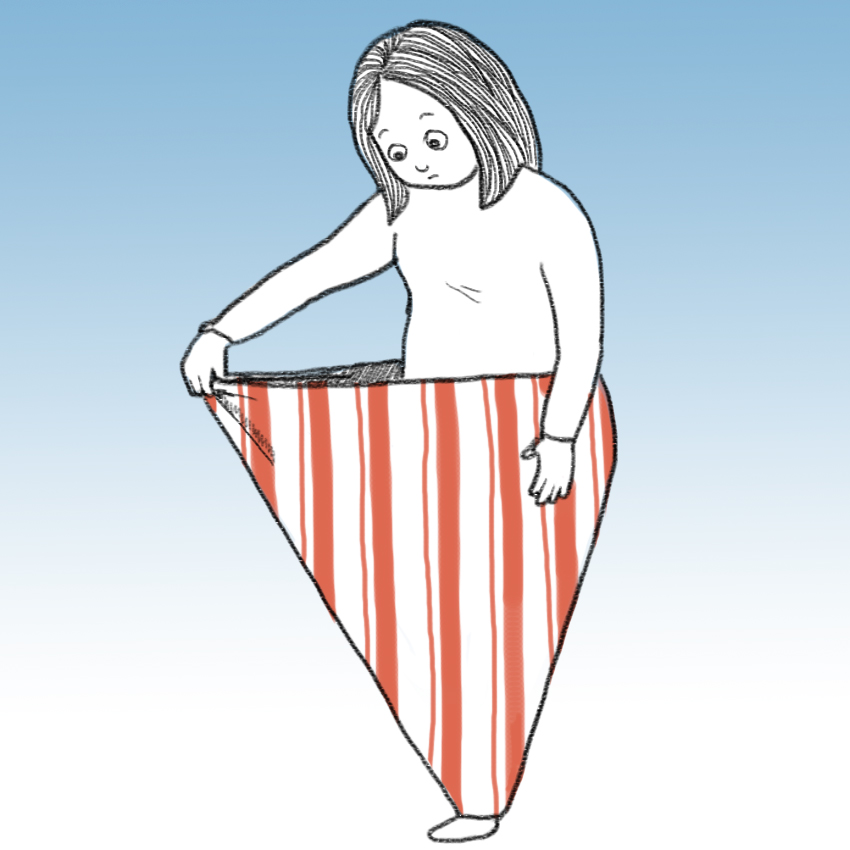
Because protein is necessary to build and maintain muscle strength, if you aren't getting enough, you may notice significant weight loss, explains Love To Know.
Some people might mistake this weight loss as a sign that a diet is working, but it actually means that your muscles are breaking down — so your body isn't dropping fat; it's losing muscle mass.
Protein Deficiency Symptom #2: Sugar Craving
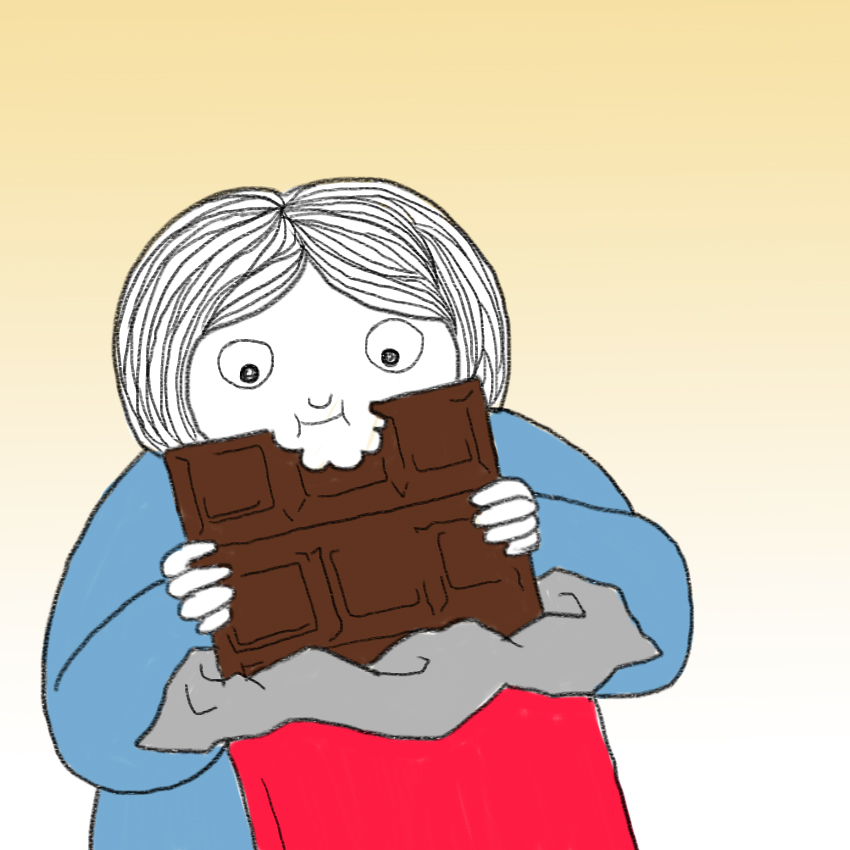
Women's Health explains that if you're low on protein, one of the first symptoms you might experience is a sugar craving.
Because protein intake helps keep your blood sugar levels steady, you'll crave sweets when you aren't getting enough protein.
Instead of reaching for a candy bar or donut, think about if the food you've eaten already had any protein — if not, consuming some protein will help you feel full and get rid of that need for sweets.
Protein Deficiency Symptom #3: Thinning/Brittle Hair
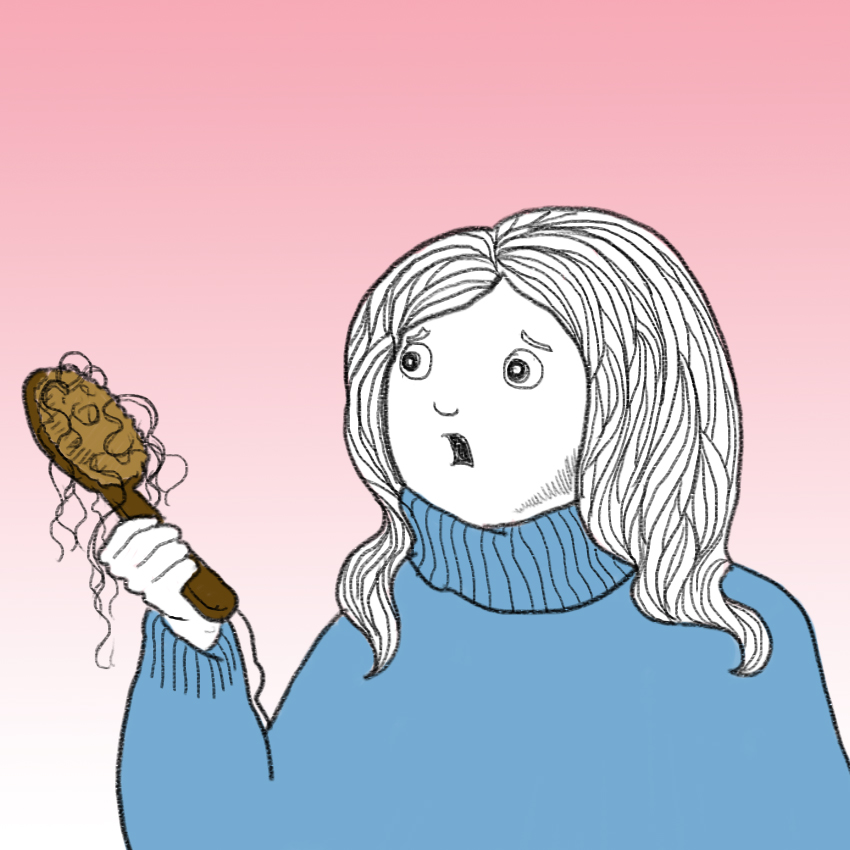
Your hair is primarily made of keratin, which is a protein.
That means that if you're not getting enough protein over a significant amount of time, your hair might get weaker, thinner, and may even fall out.
Self explains why this happens: when your body doesn't get enough protein, it will use all the protein for essential things — like making sure you have the energy to get through the day — and stop using it for "non-essential things" like hair growth.
Protein Deficiency Symptom #4: Weak Nails
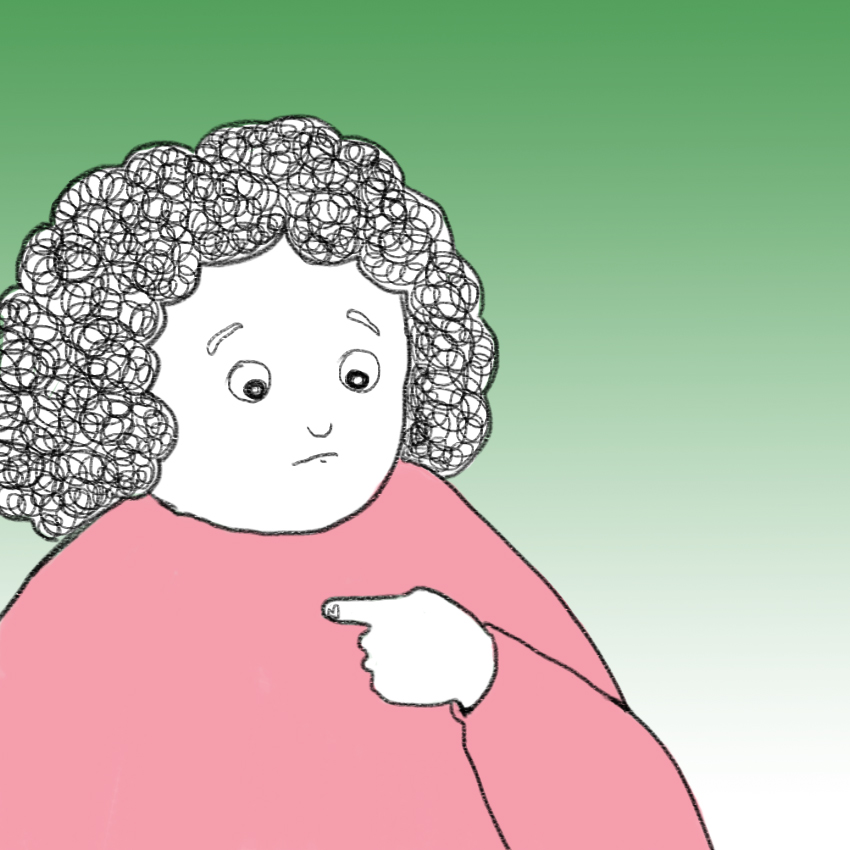
Similarly to how protein deficiency effects hair growth, it effects nail strength and growth.
Nails, like hair, need protein to grow and stay strong — when you don't get enough protein, your body determines that your nails are also "non-essential," which leads to them cracking and breaking.
Protein Deficiency Symptom #5: Dry/Pale Skin
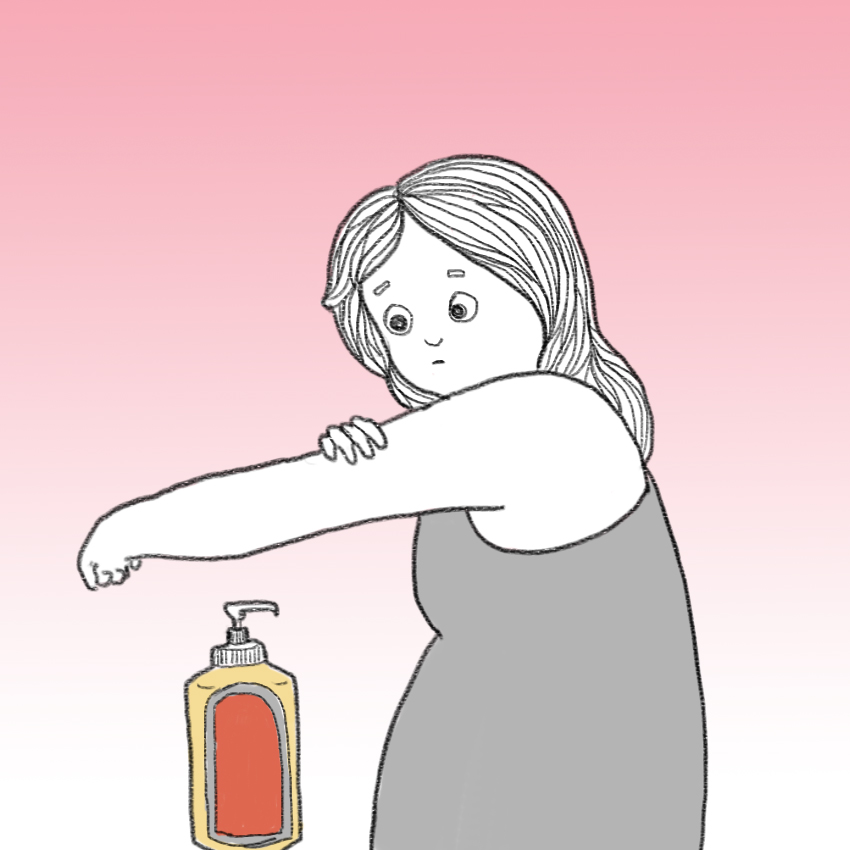
Another sign of protein deficiency you might notice is dry, peeling skin.
Normally, skin rashes and flaking skin only occur in instances of extreme protein deficiency, but it is still something to be aware of.
Pale skin may also be a sign of protein deficiency, although it is generally also associated with anemia — an iron deficiency.
Often, anemia and protein deficiency are experienced together, because many of the same foods provide both iron and protein.
Additionally, the body cannot process and utilize iron properly without protein.
Protein Deficiency Symptom #6: Headaches And Frequent Illness
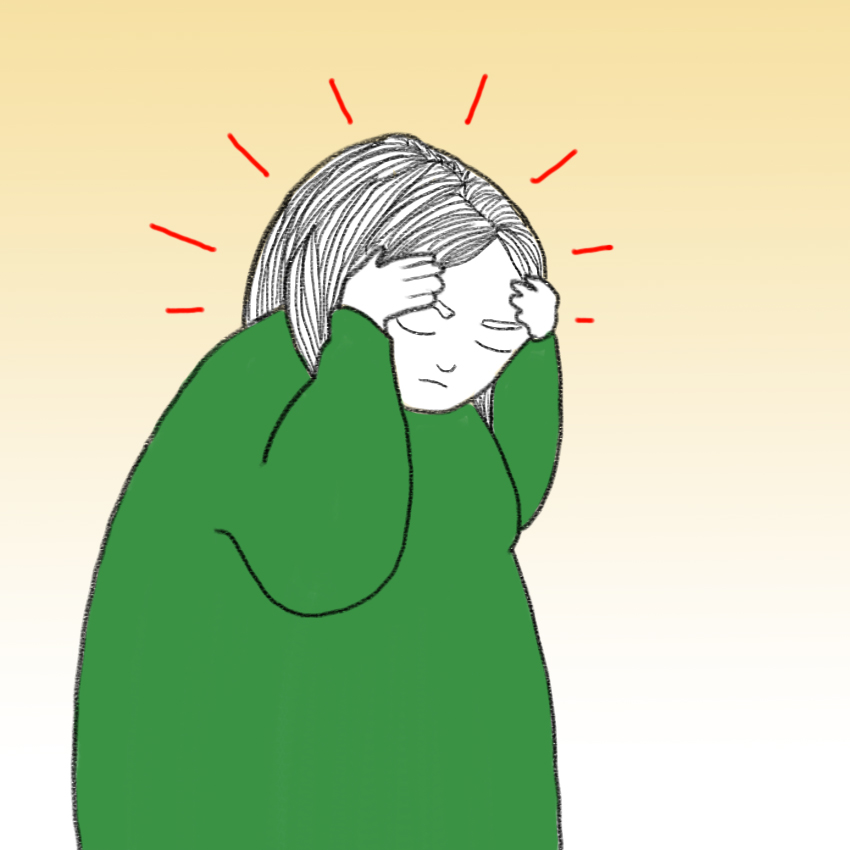
Protein deficiency can cause headaches for two reasons, explains Love To Know: anemia and low blood sugar.
If you find that you're getting headaches for seemingly no reason, think about whether your system has been getting enough protein.
Dr. Dawn Jackson Blatner explained to Women's Health that we need protein to build the compounds in our immune systems.
When we don't get enough protein, our immune systems are negatively affected, which can lead to increased infections and colds.
Protein Deficiency Symptom #7: General Weakness/Fatigue
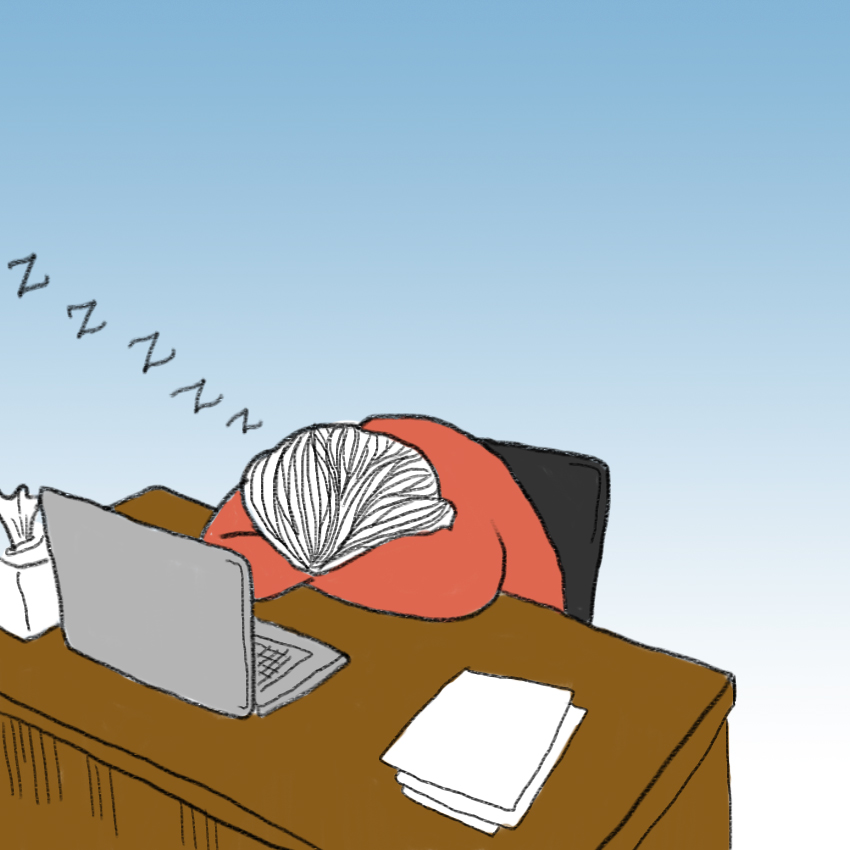
As previously explained, protein is essential for building muscle (that's why weight lifters supplement their diets with protein powder).
If you aren't getting enough protein, your muscles will struggle and may even begin to shrink over time.
When your muscles deteriorate, it will take more effort for you to accomplish the same tasks as before, which can lead to weakness and tiredness.
Protein Deficiency Symptom #8: Fainting
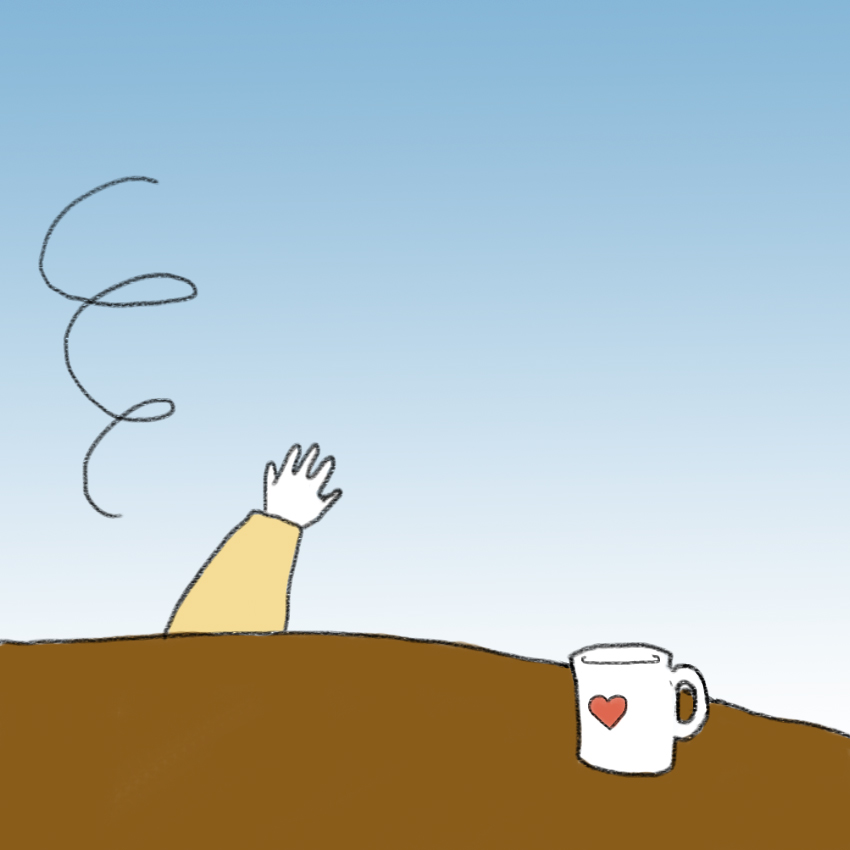
Many of the issues caused by protein deficiency are related, and fainting is no different.
Some people are prone to fainting spells when their blood sugar levels drop — if that's the case for you, protein deficiency may make you faint more often.
Anemia, which is intricately related to protein deficiency, can also affect fainting.
Protein Deficiency Symptom #9: Difficulty Sleeping
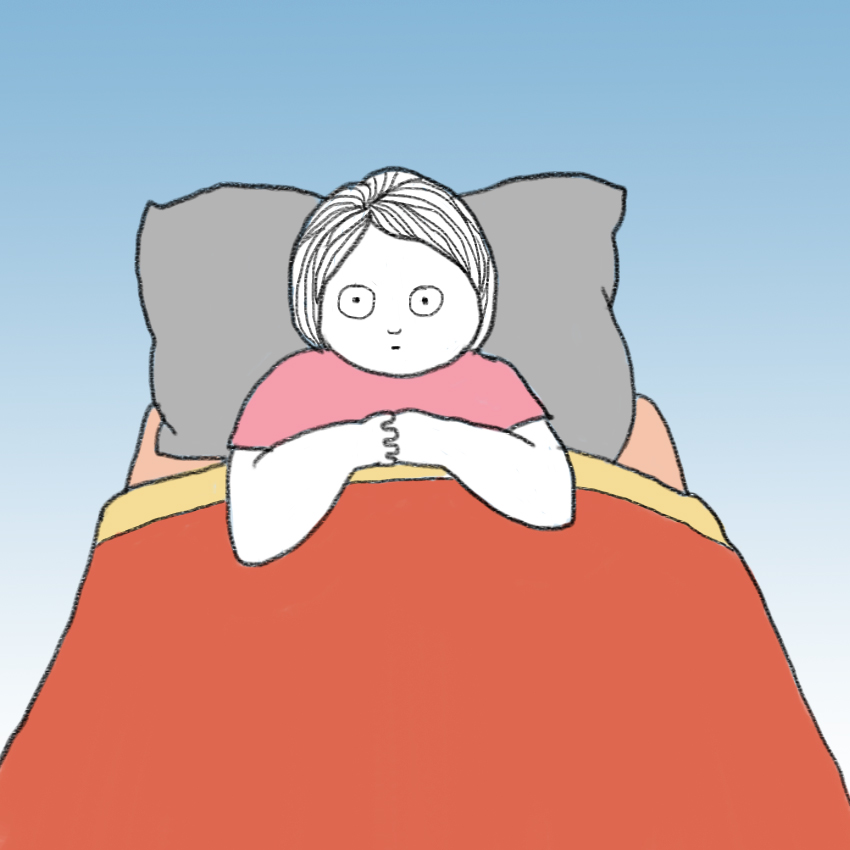
Serotonin, which is an amino acid (amino acids make up the structure of protein), affects the sleep/wake cycle.
If you have a protein deficiency, you may also have a serotonin deficiency — serotonin deficiencies lead to difficulty falling and staying asleep, according to Love To Know.
Protein Deficiency Symptom #10: Emotional/Mental Symptoms
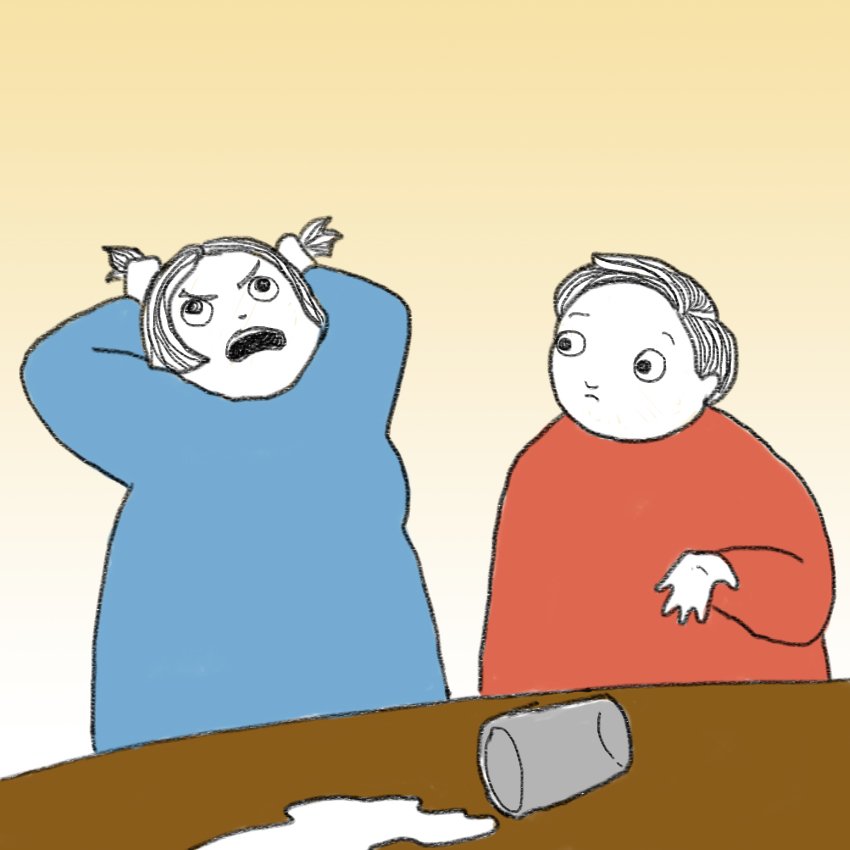
If the above symptoms don't tip you off to your protein deficiency, there are also mental and emotional symptoms to look out for.
Love To Know explains that in addition to physical symptoms, protein deficiency can cause crankiness, depression, anxiety, mood swings, problems with conflict resolution, and a lack of energy.
If you experience these emotional or mental changes and can't think of a reasonable cause for them, they might be signs of a protein deficiency.
Protein Deficiency Results And Treatment
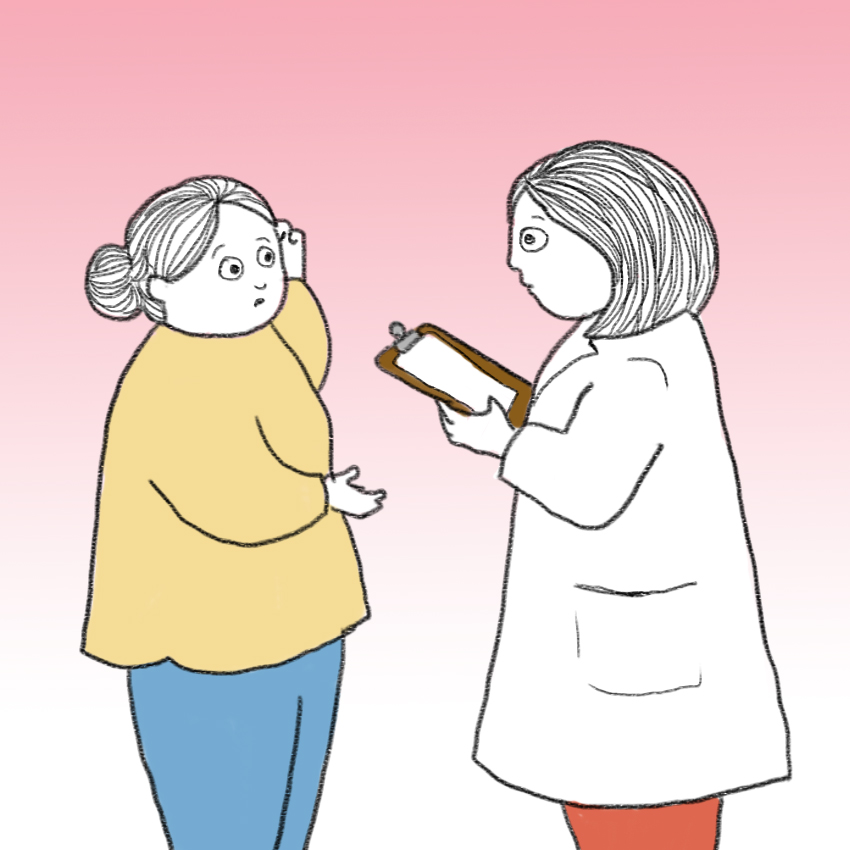
The first thing you need to do if you experience any of these symptoms is, you guessed it, make an appointment with your doctor.
A longterm protein deficiency can result in significant health changes, so it's important to speak with your doctor ASAP when you start experiencing symptoms.
Once a doctor sees you, they can figure out the cause of your problems. If you do, in fact, have a protein deficiency, treatment is easy and generally just involves adding more protein to your diet.
Your doctor can help you find a protein source that works with your lifestyle — then you'll be back on the road to good health!
If you think someone you know might have a protein deficiency, please SHARE this article on Facebook!


